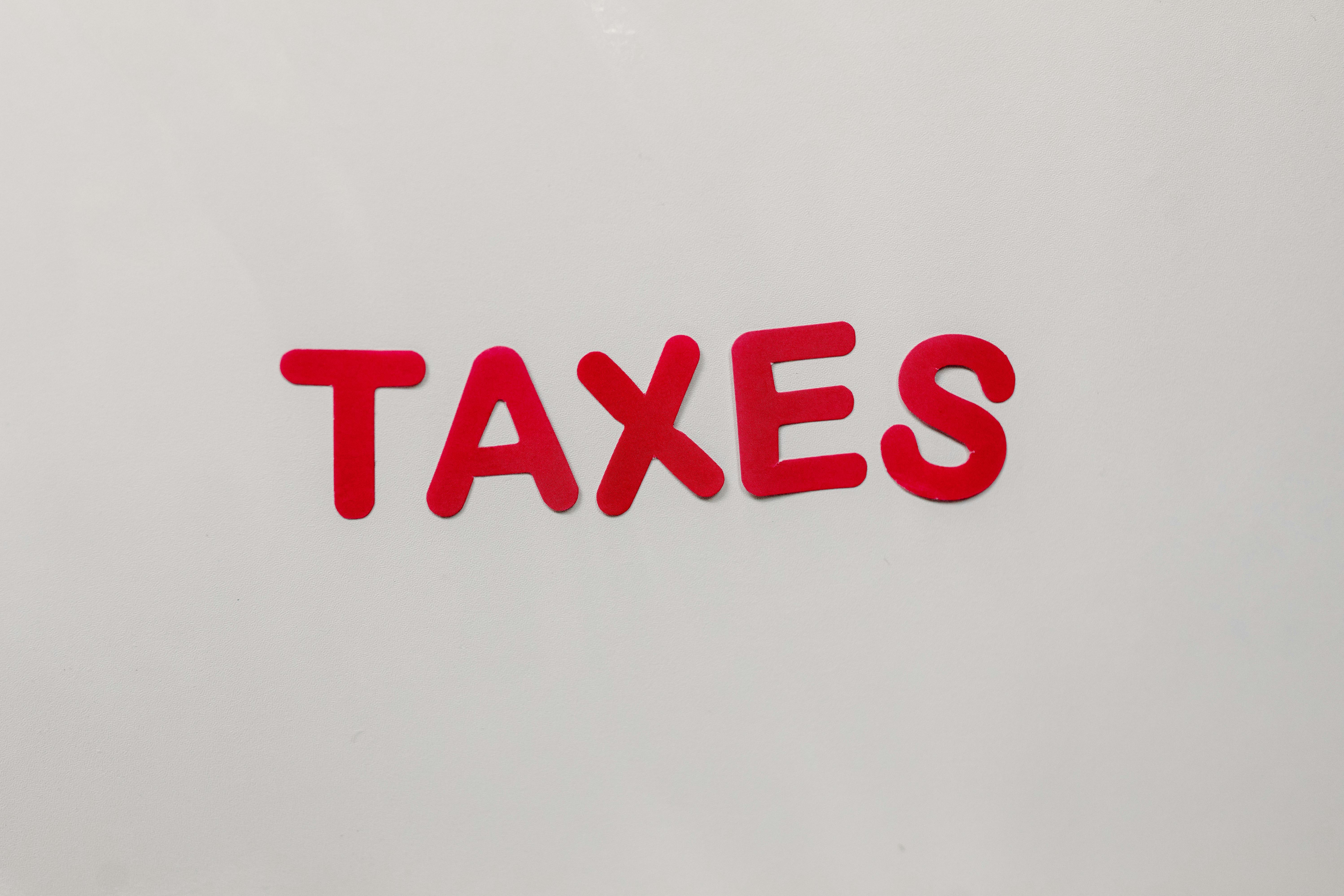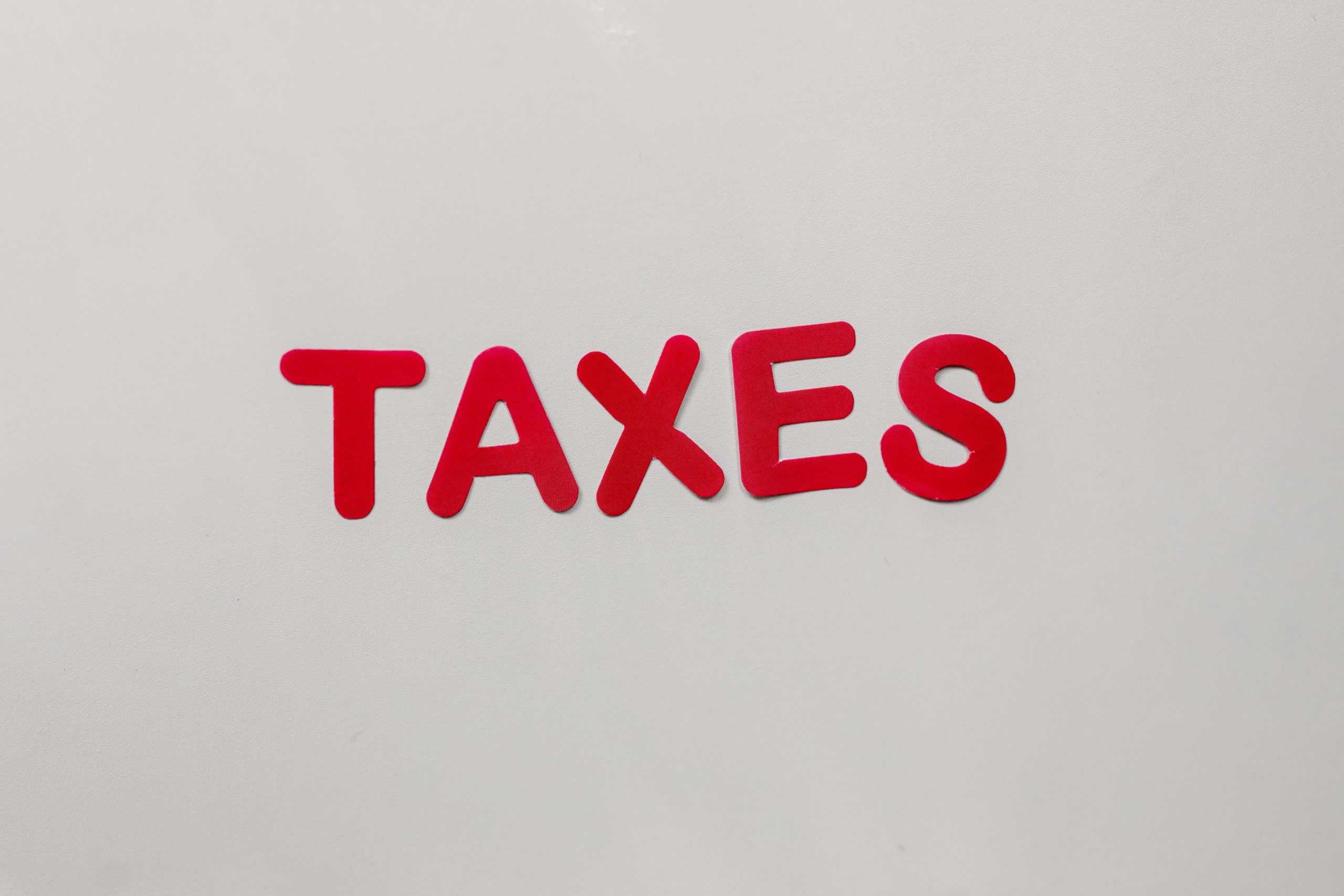In a world where economic landscapes are constantly shifting, understanding the nuances of economic policy changes is more crucial than ever. These changes can reshape market dynamics, influence investment decisions, and alter the socioeconomic fabric of societies. This article delves into the significance of recent economic policy shifts, providing insights into how they impact businesses and individuals alike.
- Understanding Economic Policy Changes
- Recent Economic Policy Changes
- Impact on Businesses
- Impact on Individuals
- Future Trends in Economic Policy
- Conclusion
Understanding Economic Policy Changes

Economic policy comprises rules and guidelines that govern the economic activities of a country. These policies, ranging from fiscal adjustments to regulatory reforms, aim to stabilize the economy, foster sustainable growth, and increase societal welfare. Keeping abreast of economic policy changes is vital for anyone engaged in economic activities, from entrepreneurs to everyday consumers.
Recent Economic Policy Changes

Recent years have seen significant shifts in economic policies worldwide. Examples include changes in tax legislation, adjustments in minimum wages, and shifts in trade policies due to geopolitical tensions. These economic policy changes not only reflect the priorities of different governments but also respond to global economic challenges, such as inflation and economic downturns.
Example of a Major Policy Shift
One notable example is the introduction of stricter environmental regulations in several countries, which are part of broader sustainability efforts. These regulations affect industries across the board, prompting a shift towards greener alternatives.
Impact on Businesses
The implications of economic policy changes on businesses are profound. Adjustments in interest rates, for instance, can influence borrowing costs, affecting business expansion plans and profitability. Businesses must stay agile and informed to navigate these changes successfully.
Adapting to Change
Companies are increasingly investing in scenario planning and market research to anticipate and mitigate the risks associated with economic policy shifts. This proactive approach enables businesses to remain competitive and resilient in a dynamic economic environment.
Impact on Individuals
For individuals, economic policy changes can directly affect personal finances, employment opportunities, and living standards. For example, tax reforms can alter disposable income, influencing spending and saving behaviors.
Personal Financial Planning
It’s advisable for individuals to consult financial advisors and stay informed about these changes to adjust their financial planning strategies accordingly. This might involve revising investment portfolios or altering savings plans to align with the new economic landscape.
Future Trends in Economic Policy
Looking ahead, experts predict that economic policies will increasingly focus on digitalization, environmental sustainability, and economic equality. These trends suggest that future economic policy changes will continue to offer both challenges and opportunities.
Technological Innovations and Policy
The integration of technology in economic frameworks, such as digital currencies and AI-driven analytics, will likely play a pivotal role in shaping future economic policies. These technologies offer potential for more precise and efficient economic management.
Conclusion
The landscape of economic policy changes is ever-evolving, presenting both opportunities and challenges. Staying informed and adaptable is key to navigating these changes effectively. Whether you’re a business owner, a professional, or simply an engaged citizen, understanding these shifts can help you make better decisions and thrive in an unpredictable economic environment. Let’s continue to explore and adapt to these changes together.

